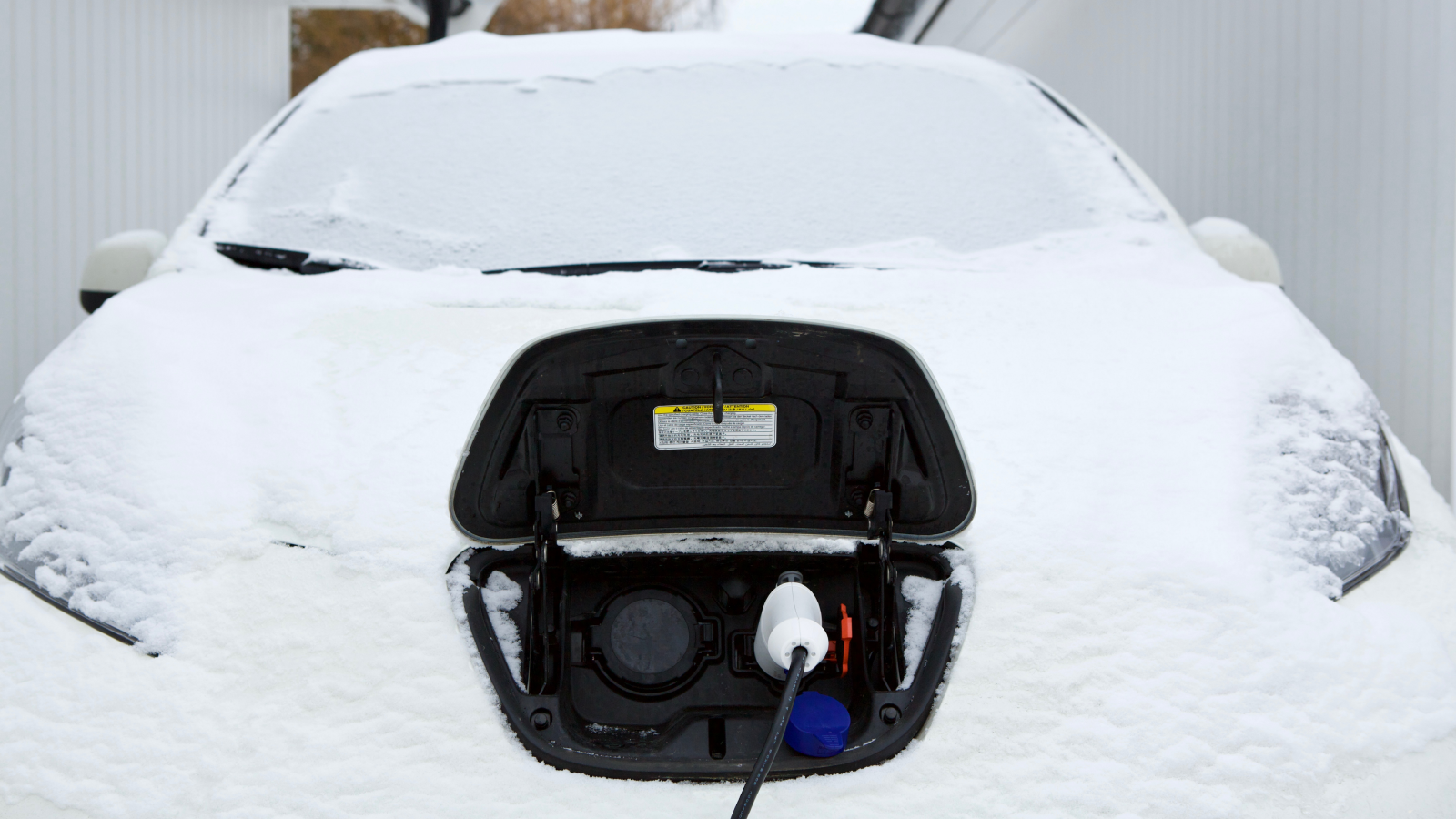Why Extremist Views Dominate

For many people — more than you might think — public and political dialogue seems dominated by extreme views that don't resonate.
A new study suggests a possible reason: People with extreme views seem more willing to share their opinions than others, but only if they believe, even falsely, that their views are popular.
However, the research looked at only a narrow topic range and involved just college students, so more study would be needed to reveal whether the findings apply broadly to other age groups and beliefs.
Still, the findings are intriguing.
The upshot of the research: Students who held extreme views on the use of alcohol on campus were more likely than others to voice their views. The key to their bold approach, scientists found, was that they tended to believe their views actually represented a majority, when that was not in fact the case.
That situation can set up a self-feeding cycle that promotes the voicing of extreme views on one side of an issue and causes moderate and even extremists on the other side to stay relatively quiet.
"When people with extreme views have this false sense that they are in the majority, they are more willing to express themselves," said Kimberly Rios Morrison, co-author of the study and assistant professor of communication at Ohio State University. Those who take the extreme version of their group's viewpoint may believe that they actually represent the true views of their group, Morrison figures.
Sign up for the Live Science daily newsletter now
Get the world’s most fascinating discoveries delivered straight to your inbox.
The studies
In a series of studies, Morrison and her co-author, Dale Miller of Stanford University, found that college students who were extremely pro-alcohol were more likely to express their opinions than others, even though most students surveyed were moderate in their views about alcohol use.
"Students who were stridently pro-alcohol tended to think that their opinion was much more popular than it actually was," she said. "They seemed to buy into the stereotype that college students are very comfortable with alcohol use."
The results were detailed recently in the Journal of Experimental Social Psychology.
The studies were done at Stanford, where alcohol use is prohibited in common areas of all freshman dorms. In the first study, 37 students were asked to rate their own views about this policy on a scale from 1 (very strongly opposed) to 9 (very strongly in favor).
The average students' own views were near the mid-point of the scale, but most rated the typical Stanford student as more pro-alcohol than themselves.
"There's this stereotype that college students are very pro-alcohol, and even most college students believe it," Morrison said. "Most students think of themselves as less pro-alcohol than average."
In the next two studies, students again rated themselves on similar scales that revealed how pro-alcohol they were. They were then asked how willing they would be to discuss their views on alcohol use with other Stanford students.
In general, students who were the most pro-alcohol were the most likely to say they wanted to express their views, compared to those with moderate or anti-alcohol views.
A telling twist
Then researchers added a twist, giving participants fake data that indicated that other Stanford students held relatively conservative, anti-alcohol views. When extremely pro-alcohol students viewed this data, they were less likely to say they were willing to discuss alcohol usage with their fellow students.
"It is only when they have this sense that they are in the majority that extremely pro-alcohol students are more willing to express their views on the issue," Morrison said.
Interestingly, however, students who had more extreme anti-alcohol views still did not desire to express them, even after seeing the data that suggested a majority of their fellow students agreed with them.
"Their views that they are in the minority may be so deeply entrenched that it is difficult to change just based on our one experiment," Morrison said. "In addition, they don't have the experience expressing their opinions on the subject like the pro-alcohol extremists do, so they may not feel as comfortable."
The findings suggest possible parallels in politics, Morison figures.
She cites a hypothetical community that tends to be moderate politically, but leans slightly liberal. People with more extreme liberal views in the community may be more likely than others to attend publicly visible protests and display bumper stickers espousing their liberal views, because they think the community supports them.
A self-feeding cycle might ensue.
"Everyone else sees these extreme opinions being expressed on a regular basis and they may eventually come to believe their community is more liberal than it actually is," Morrison said. "The same process could occur in moderately conservative communities.
- Most Popular Myths in Science
- Humans: The Strangest Species
- 10 Things You Didn't Know About You











